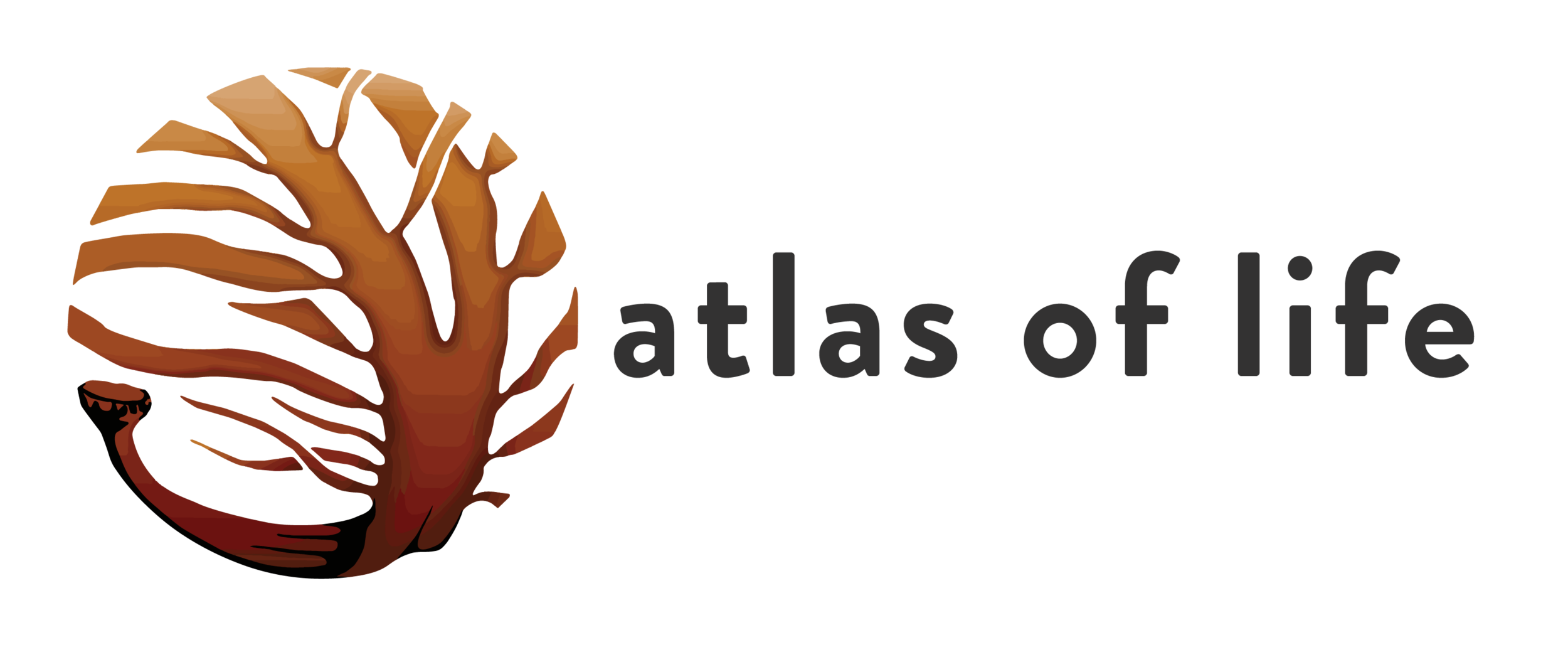Merimbula Wharf Habitat Restoration project
Photograph Dan Cusack
We love Merimbula Wharf for many different reasons so This project came into being when we could all see there were problems…….
Those of us who enjoy, research or make our livings from the near shore marine areas of this coastline have long been aware of multiple “urchin barrens” where the substrate has been stripped to bare rock by dense aggregations of urchins.
Recently the scope and distribution of marine biodiversity has been identified by local diving groups as being reduced by long spined purple sea urchins (Centrostephanus rodgersii).
There are a number of different interest groups who are concerned about the urchin barren issue and who have come together to collaborate in a long term project to cull these particular urchins and monitor the regrowth of weed and the expected increase in biodiversity and especially fish populations.
The MBGLAC was offered a small grant from the Recreational Fishing Trust to support this project over three years. In 2019, The Atlas of Life community citizen science project was approached to collaborate with the Abalone Association of NSW (AAN), The Merimbula Urchin processors, and the Merimbula Big Game & Lakes Angling Club (MBGLAC) in a project which would include a cull of urchins around Merimbula Wharf and the subsequent long term monitoring of biodiversity change across the site.
The fishermen are keen to see what has been traditionally a good fishing wharf return to its previous richness, the Atlas of Life community is interested to learn about how marine ecosystems regenerate and how marine biodiversity increases and the Abalone Divers’ Association and the Urchin Processors have an interest in reducing the numbers of urchins to allow both an improvement in the quality of remaining urchins for processing and allowing for improved abalone stock densities and sizes.
We are very lucky to have the contribution of an expert local marine and estuary ecologist - Dr Nick Yee of Elgin Associates and also Rob Mckinnon who is a marine archaeologist and very experienced diver, as well as a group of young divers led by Jayde Rankin of Dive Eden and other Atlas of Life contributors who are offering to put in significant volunteer time to undertake agreed scientific and ad hoc surveys over the next years.
this brilliant storyboard was created by local graphic designer and lover of all things marine, Cath Leach of Catfish Creative at Narooma



